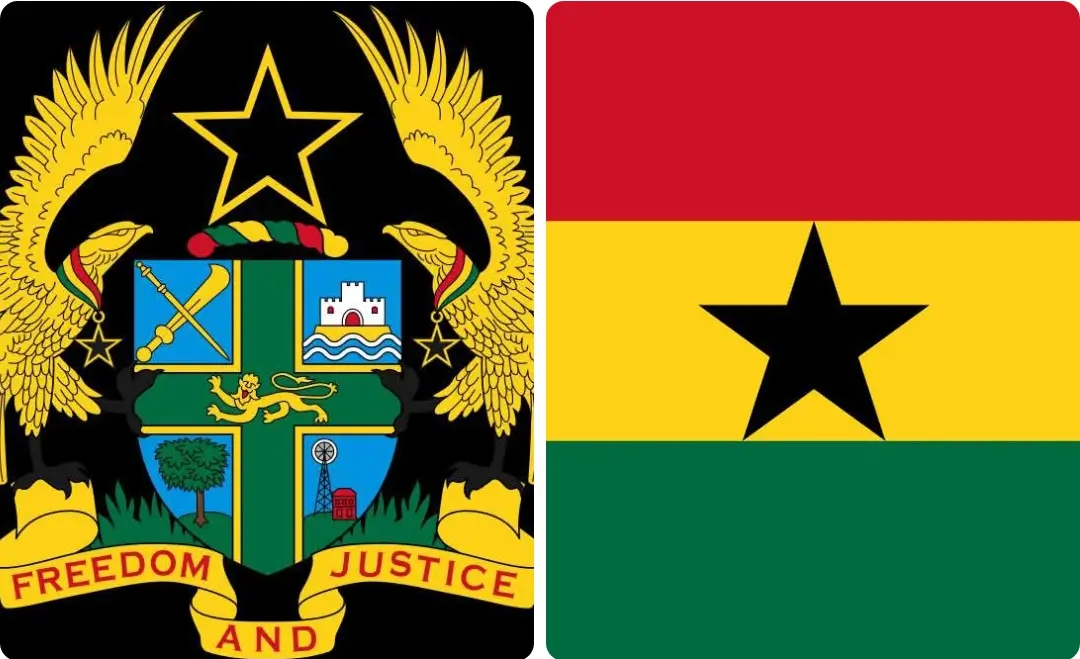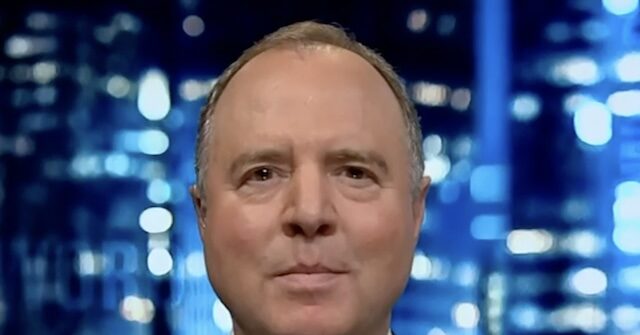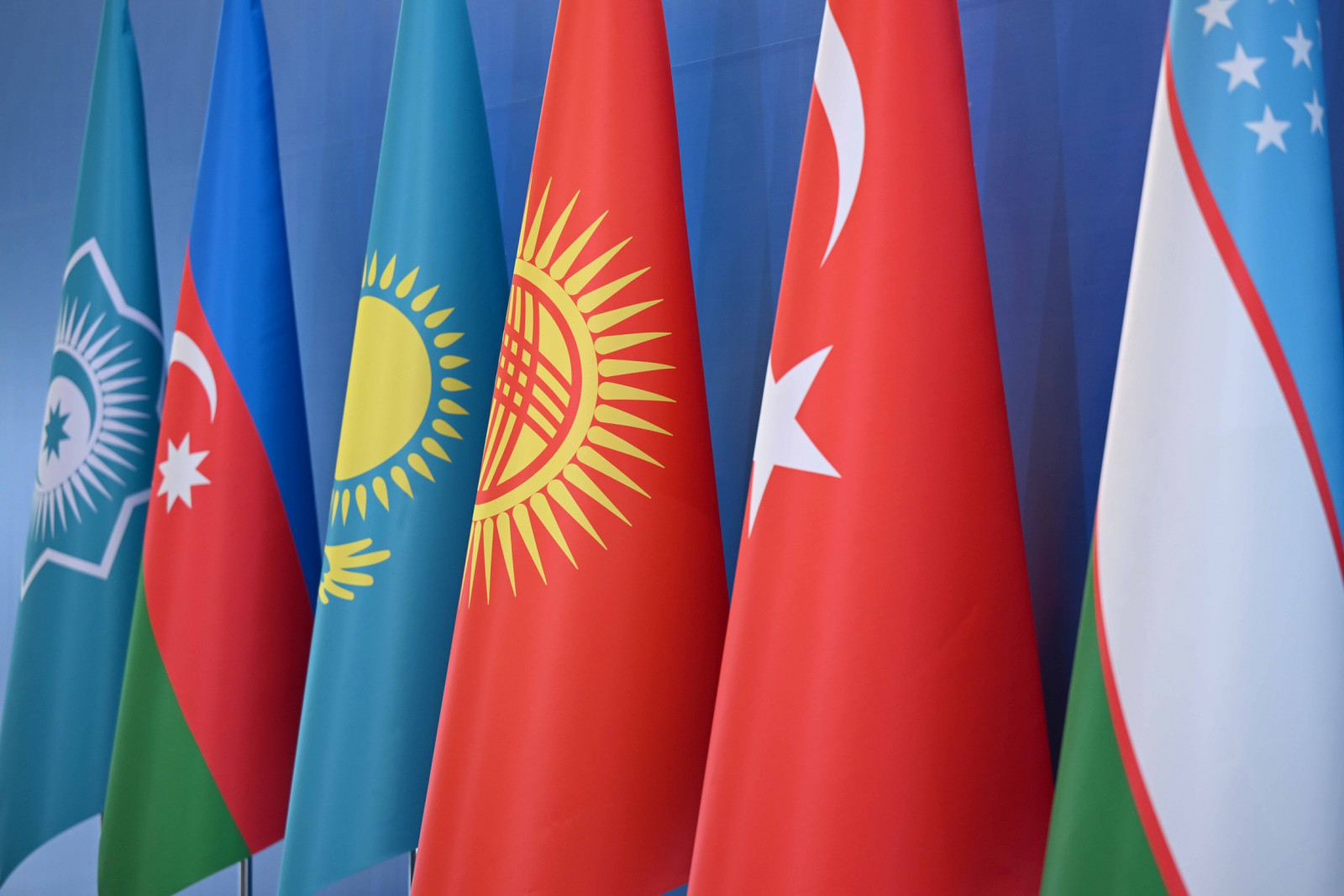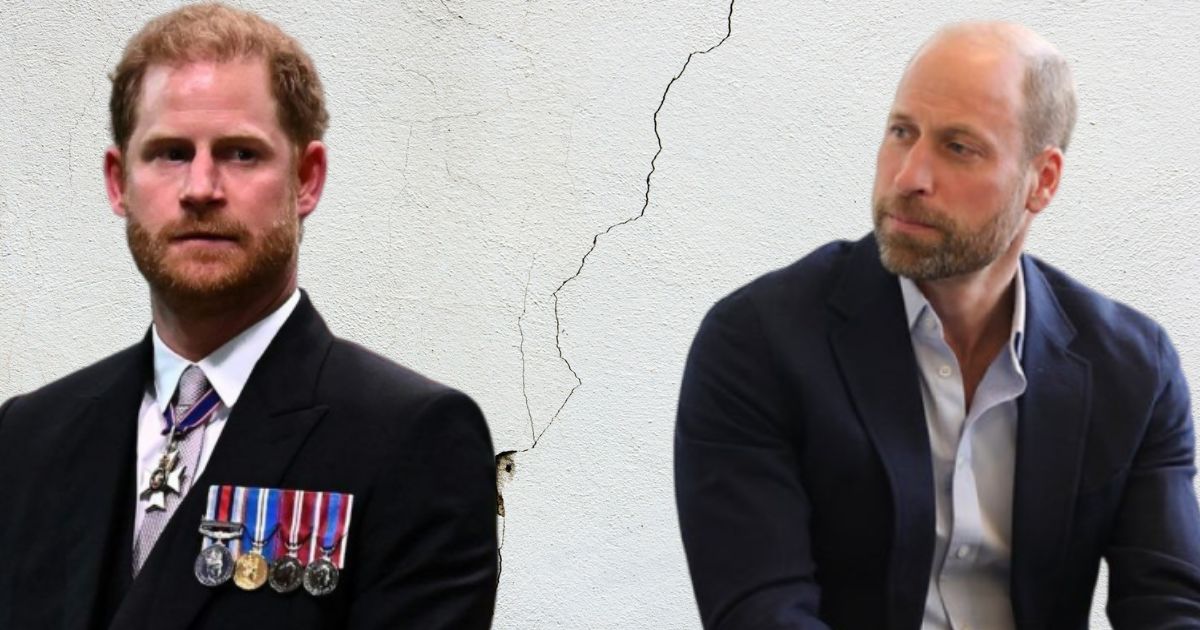God-Factor in Nation Building: Words of Anthem and Pledge as Tools for Mindset Transformation – Koku Anyidoho writes
By Rashid Obodai
Copyright rainbowradioonline

AbstractThis thesis examines the pivotal role of national anthems, pledges, symbols such as coats-of-arms and flags in fostering strong leadership, value systems, and national identity. Drawing on historical and contemporary examples, it argues that living the spirit of these elements cultivates transformative mindsets essential for nation-building. Special attention is given to Ghana, where there has been a violent deviation from Osagyefo Dr. Kwame Nkrumah’s visionary pan-Africanist framework leading to a contemporary disconnect from national symbols like the tawny eagles (National Bird) holding the shield in the coat-of-arms, which represents protection and strength. The thesis highlights the MILLS Institute’s efforts in Ghana to revive this vision through mindset transformation and transformational leadership development, emphasizing the “God-factor” as a unifying spiritual dimension. By integrating theological, historical, and sociological perspectives, this work posits that intentional engagement with national symbols can counteract apathy, greed, detachment, and deliberate destruction – paving the way for resilient, value-driven societies.
Introduction
Nation-building is an intricate process that transcends mere political structures, encompassing the cultivation of shared values, collective identity, and ethical leadership.
National anthems and pledges serve as verbal covenants, articulating a nation’s aspirations and moral compass, while symbols like coats-of-arms encapsulate historical narratives and spiritual ethos. These elements are not static relics but dynamic tools for mindset transformation, instilling resilience, unity, and a sense of divine purpose or the “God-factor”—in citizens.
As amply articulated in various scholarly works, anthems and pledges foster emotional geography, evoking loyalty and national pride, which in turn shape leadership behaviors and societal values.
Without an accepted set of values that drive Ghana’s national ethos, the nation cannot constructively create the needed psyche and mindset which is a necessary” pre-condition for take-off” into real growth akin to what, W.W. Rostow, posits in his, Stages of Development theory.
In Ghana, Kwame Nkrumah envisioned a nation built on the unique Ghanaian Identity, Pan-African unity, industrial progress, and educational empowerment, symbolized in the national anthem’s call to “resist oppressors’ rule” and the coat-of-arms featuring the tawny eagle as a guardian of sovereignty. The eagle (God manifests Himself through All His creations), as one of the Four Living Creatures around the Throne of God, is meant to represent, exceptional vision, focus, fearlessness, tenacity, resilience, vitality, power, and strong independence thinking.
However, this vision has vanished, leading to a tragic transgenerational amnesia where many Ghanaians today overlook the eagle’s symbolic role in protection and strength; also devaluing the symbolism of the flag – our natural resources, hence the wanton destruction of our ecosystem (ecocide) without any sense of shame.
Amid this, the MILLS Institute For Transformational Leadership Development, emerges as a divinely-inspired beacon, promoting mindset transformation through programs that echo Nkrumah’s ideals and integrate the “God-factor” for a new breed of Nation Builders – not Rulers.
This thesis, being written as Ghana seeks to honour the memory of Osagyefo on, Sunday, September 21, 2025, Founders Day, explores these dynamics, advocating for a renewed commitment to living-out our national symbols as a pathway to transformative nation-building.
Also, and in view of the fact that our national symbols, anthem, pledge, coat-of-arms and flag, are not about to be changed no matter which political party is at the helm of the affairs of state, it points to the fact that the nation’s soul and spirit exist in the symbols – pointing to a poignant urgent need to retool mindsets in the direction of the things that identify us as a unique brand in the eyes of the Creator and Creation.
Theoretical Framework: Anthems and Pledges as Catalysts for Values and Leadership
National anthems and pledges function as unifying symbols in literature and society, creating a sense of belonging and reinforcing core values such as resilience, vision, and patriotism.
For instance, anthems evoke emotional responses that build national identity, while pledges inculcate values into education and training systems. Coats-of-arms represent the soul and seals of nations while the flags act as banners hoisted mainly in victory and celebrations as happened in the Bible (Exodus 17:13-16), when Moses refers to God as Jehovah Niisi (The Lord my banner) when he named the altar he built to celebrate the defeat of the Amalekites because Jehovah was the Banner of victory over the Israelites.
The “God-factor” amplifies this, as seen in anthems invoking divine protection or unity, aligning with theological imperatives for stewardship (e.g., Psalm 68:1’s call to “arise” against oppressors).
Living these words transforms mindsets, turning passive citizens into active leaders committed to justice and progress.
Ritualistic elements, like synchronous singing, enhance social cohesion, fostering transformational leadership that prioritizes collective good over individual greed.
Case Studies: Nations Building Strength Through Anthems, Pledges, and Symbols
Various nations exemplify how anthems and pledges shape values.
In the United States, the Pledge of Allegiance and “The Star-Spangled Banner” instill resilience and unity, with “In God We Trust” on the currency reinforcing a divine mandate for liberty. This has built a value system emphasizing individual rights and national pride.
The United Kingdom’s “God Save the King/Queen” symbolizes continuity and loyalty, used in coronations to affirm allegiance and draw on historical strength.
In Islamic nations, symbols on flags and anthems reflect religious values, promoting a sense of unity and governance aligned with faith.
South Africa’s coat-of-arms, with human figures and a rising sun, represents unity and spiritual defense, central to post-apartheid nation-building. The U.S. Great Seal embodies sovereignty and identity, used in diplomacy. These symbols act as agents of psychological and social change, fostering pride and division when misused, but unity when embraced.
Flags, as conquest symbols historically, now rally for shared causes, underscoring the need for loyalty to one nation’s ethos.
In India, Buddhist symbols in the state emblem promote cultural diplomacy and inclusive identity, drawing from ancient texts like the Upanishads for universal well-being.
Globally, anthems, pledges, coats-of-arms and flags are sacred to nations and any form of desecration is considered sacrilegious.
Ghana’s Context: Nkrumah’s Vision, Its Destruction, and Symbolic Erosion
Kwame Nkrumah’s vision for Ghana emphasized Pan-African federation, industrial projects, education, and cultural pan-Africanism, positioning Ghana as a beacon for African independence.
The national anthem’s instructions to “resist oppressor’s rule with all our will and might forevermore” has become a backdoor cliché that has no meaning as far as the nation’s construction of a mindset is concerned. To what extent do citizens “cherish fearless honesty?”. Can the nation wear badges of being “bold to defend forever the cause of freedom and of right?”.
The coat-of-arms, featuring the black star for African emancipation and tawny eagles for protection, embody what should identify Ghana glowingly but is that the case? Today, many Ghanaians are unaware of the eagle’s (National Bird) symbolism; vision, strength, focus, precision – reflecting a broader erosion of national values amid greed and apathy.
Ghana’s motto is, Freedom and Justice. Ipso facto, the nation is more interested in wanton freedom and not the righteous justice that is needed. Forgetting that, Righteousness and Justice are the foundations of God’s Throne (Psalm 89:14).
What about the pledge to “hold in high esteem our heritage won for us though the blood and toil of our fathers?” Are we honestly cherishing the blood and toil of those who fought and died to birth Ghana? What about; “and I pledge myself in all things to uphold and defend the good name of Ghana so help me God?”. How many Ghanaians really hold on to these powerful spirit-filled words meant to give us our sense of identity, belonging and direction?
Do the colours of the flag evoke the needed sensory identification with our, natural resources, the blood shed by the fathers, the need to protect our vegetation and ecosystem, and how blessed the nation is with all that is needed in the “Garden of Eden” to create the Better Ghana we all long for? Does the flag play a more significant role for nation-building beyond just brandishing it at football matches and official ceremonies?
Ghana is sinking deeply in, “Ceremonial Deism” (remembering the God-factor only at official gatherings), when the God-factor should be an integral part of the nation’s everyday existence – driving all facets of growth and development.
The MILLS Institute: Retooling for Transformational Leadership
Founded by Samuel Koku Anyidoho, the MILLS Institute (formerly Atta-Mills Institute, renamed to emphasize, Mindset, Integrity, Loyalty, Leadership, Service) addresses this gap through mindset transformation programs.Collaborating with the Christian Council of Ghana, a nascent Entity in Ghana known as the, Coalition of National Builders, and, the Ghana Chapter of, FixPolitics Africa, Headed by Madam Obi Ezekwesili, former Vice President of the World Bank, MILLS Institute hosts events like “Mindset Transformation: God-Factor in Nation Building,”, integrating faith with leadership development.
Other Initiatives include partnering with the Young Political Leadership School Africa (YPLSA) in Liberia, to host the 2026 Cohort Training in Ghana to promote cross-country learning for transformational leaders.
As regards issues of elections management across nations, the Institute has been working with ECOWAS since 2019 and been involved in international elections observation across the sub-region – strengthening the brand as far as building capacity for more efficient democracies is concerned.
Echoing the vision and legacies of Osagyefo Dr. Kwame Nkruman and Asomdwehene John Evans Atta-Mills, MILLS Institute seeks to foster ethical governance and national pride, with Dialogue Series vis-a-vis, Mindset Transformation, Loyalty, Leadership and Service.
You must have a certain God-driven and nation-building Mindset; you must build Integrity into the Mindset; you must be Loyal to both the Integrity and Mindset; you then move into the realms of proper Leadership; and Leadership is all about Service to God and Country before Self. Herein lies the spirit of the MILLS Institute.
Since 2019, the Institute has championed “Building A Better Ghana” through mindset shifts and public advocacy, aligning with divine stewardship.
National anthems, pledges, and symbols are foundational to building strong leadership and values, as evidenced globally and in Ghana’s history. Nkrumah’s vision, though disrupted, offers a blueprint revived by institutions like the MILLS Institute, which integrates the “God-factor” for mindset transformation and by living these elements, Ghana can resist oppression, foster unity, and cultivate vision-filled transformational leaders whose hearts will be filled with true humility so they cherish fearless honesty.
In Ghana, rediscovering symbols like the tawny eagle is crucial to honoring Nkrumah’s legacy and securing a prosperous future.Ultimately, the strength of nations lies in the spirit behind the tools of State Symbols – demanding action now to prevent further erosion.The words of our anthem and pledge; the coat-of-arms and flag; as a nation, we have covenanted with God – asking Him to” bless our Homeland Ghana and make our nation great and strong” so let us redeem our vows and then we can boldly go before His Throne and say “so help me God”.To God Almighty be all the glory now and always.
Samuel Koku Anyidoho(Founder & CEO, MILLS Institute For Transformational Leadership Development)Email: Sitsoanyidoho1@yahoo.com19/09/2025



